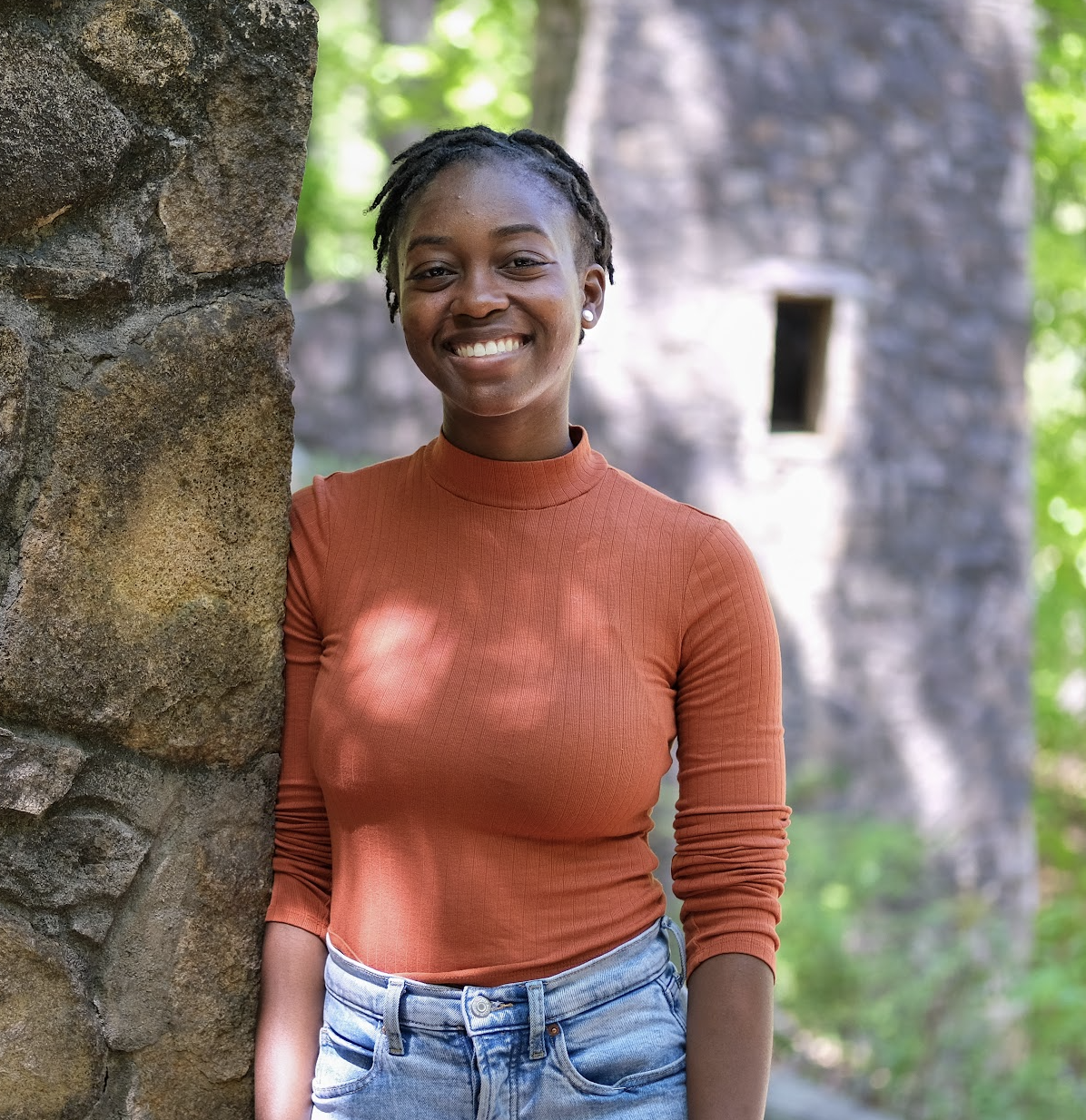About
Fowota Mortoo is a geographer, writer, and visual artist with experience collaborating with cultural institutions in the US and West Africa. With an interest in integrating oral histories, archival research, and local ecologies into the designs of cultural spaces, she aims to design informed by an expansive and critical understanding of site histories. Her interest in the encounter of architecture and Black Geographies animated her Masters thesis in geography, which was centered on the proposed redesign of a library (housed in a former colonial courthouse) that was established in the early post-independence period in Keta, a coastal town in southeastern Ghana.
Earlier this year, she was selected for a curatorial and research residency with Raw Material Company in Dakar, Senegal, and in 2024, she was selected by The World Around as one of 25 Young Climate Prize awardees globally for her photography and Eʋe language project Mapping Keta, which explores the impacts of coastal erosion in the town. Her longform essays and visual work can be found in Disegno Journal, The Funambulist, and you are here: the journal of creative geography, and she is currently a graduate student in geography at the University of North Carolina at Chapel Hill where her research has been supported by the National Science Foundation.
Image Credit: Melanie Busbee
